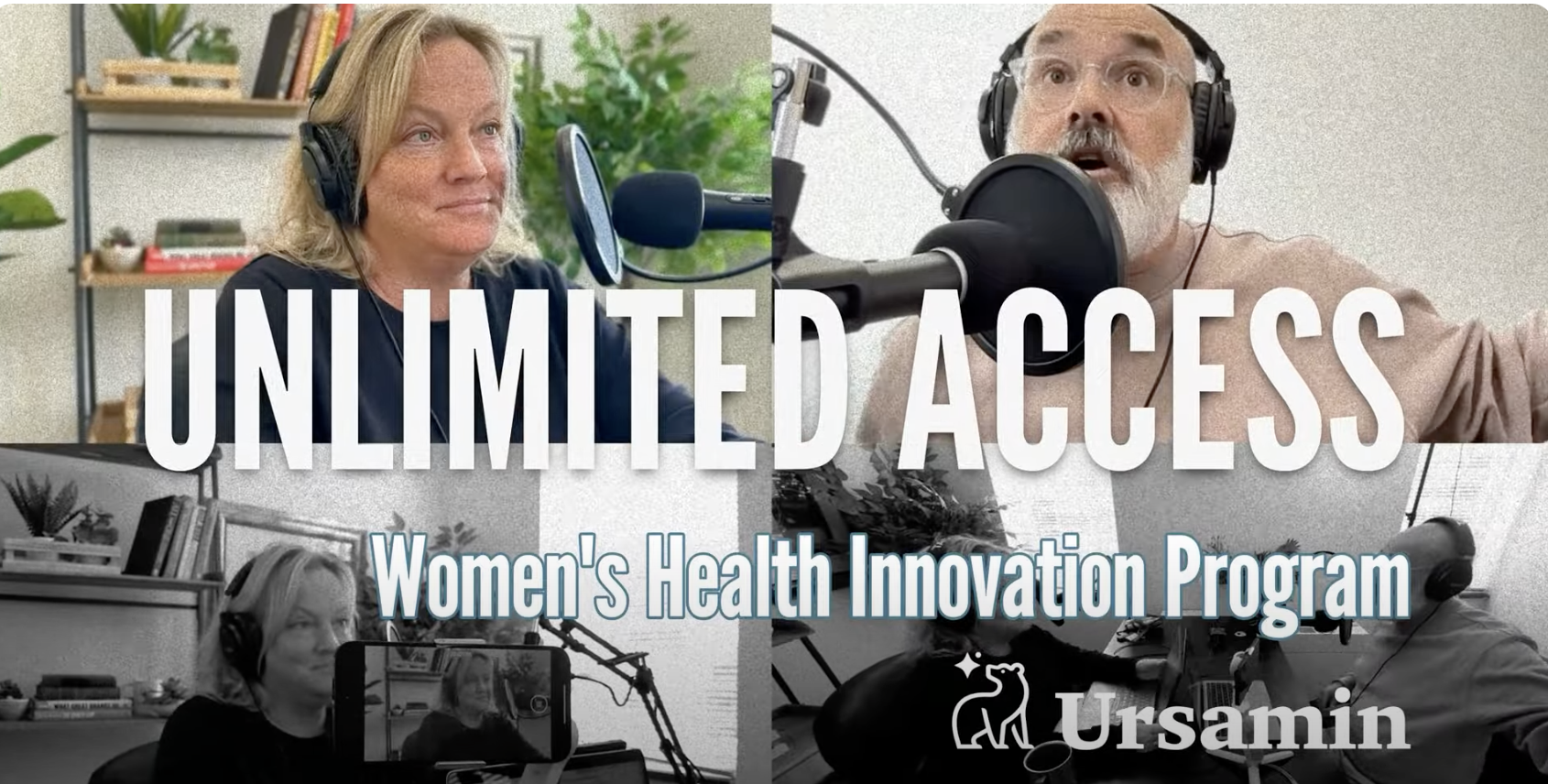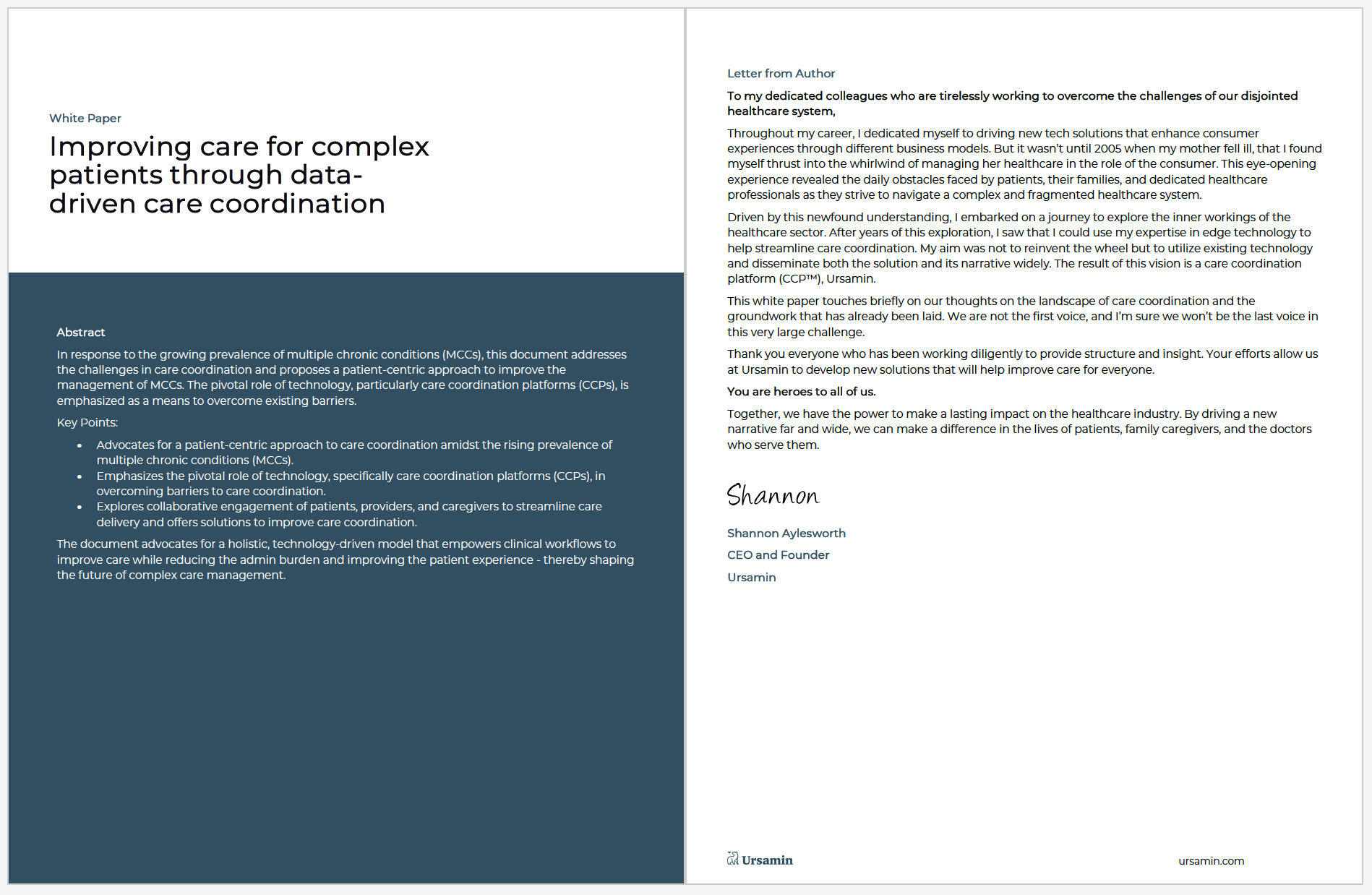The healthcare landscape is changing rapidly, and this shift has been felt most acutely in rural areas where local hospitals are struggling to stay afloat. A report from the Center for Healthcare Quality and Payment Reform highlights the severity of this situation, revealing that over 600 rural hospitals—almost 30% of all rural hospitals in the US—are on the brink of closure. However, the problem extends beyond rural areas, with larger hospitals nationwide facing similar challenges.
But why are these hospitals closing? The answer, while complex, essentially circles back to a change in the healthcare needs and expectations of the population.
In the US alone, there are 66 million individuals with three or more chronic illnesses and approximately 140 million with at least one chronic condition. As the number of people with chronic illnesses rises, so does the need for regular, ongoing care. This evolving need is causing a shift away from traditional hospital-based care towards more accessible and regular care systems.
Various companies are stepping in to fill this care gap. For example, Homeward sends doctors out into the field, providing medical care in the comfort of people’s homes. Similarly, Dollar General recently acquired a physician practice, turning its stores into accessible healthcare points. These initiatives directly respond to the growing demand for regular and readily available care, particularly for those managing chronic illnesses.
The shift away from hospitals has economic repercussions, leading to drops in hospital revenue and, in many cases, hospital closures. While this might seem alarming, it underscores the growing importance of effective personal health management.
When managing a chronic illness—especially one that often brings “friends” like diabetes, kidney disease, or heart problems—you don’t want to end up in a short-staffed emergency room. You want a healthcare system with the right information to diagnose accurately and provide effective care.
The situation is particularly precarious in rural areas, where access to care is already challenging. Living in a rural location, you experience the beauty of close-knit community living where everyone knows everyone, including your doctor. However, the downside is that if rural hospitals close, patients might have to travel to city hospitals, losing that personal touch unique to smaller community healthcare.
As the demand for more regular care continues to grow, it becomes critical to manage your healthcare efficiently. This is where Ursamin comes in. Ursamin’s user-friendly app integrates all medical information, wearable data, shared calendars, resources, and education into one platform.
Our goal is to empower you to take control of your health and make informed decisions. We understand that you may not always have a hospital nearby when you need one. Still, with Ursamin, you’ll always have access to your health records, resources, and support, right at your fingertips. Because managing your health shouldn’t be complicated—it should be as simple as possible.





